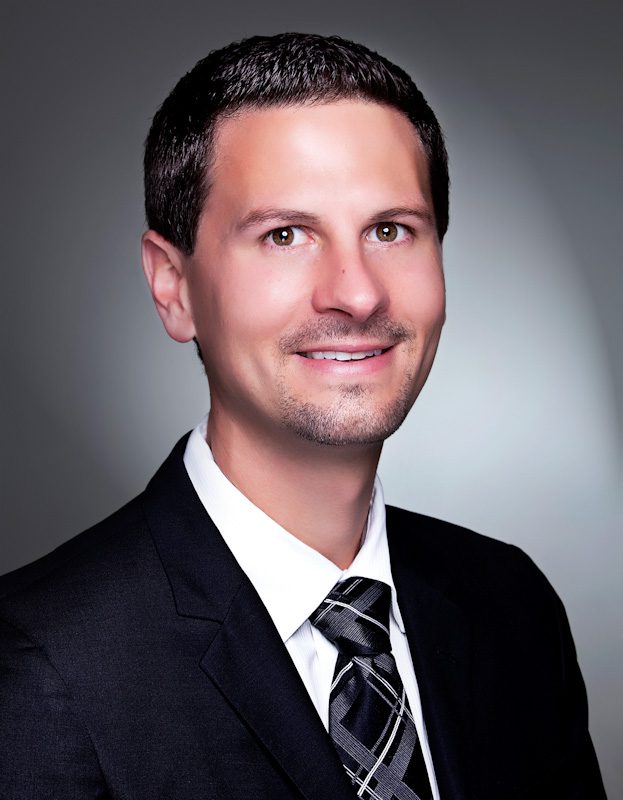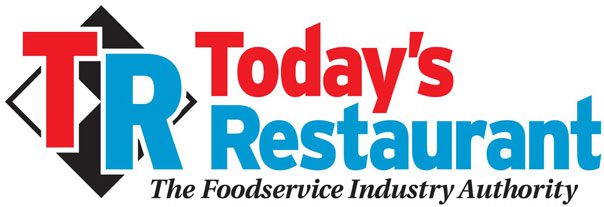
Why Managers and Workers Need to Know About Cruel Human Trafficking
By Stefan Burkey
In the crime of human trafficking, it’s the hospitality industry environment, more than any other, where it’s likely to be carried out. That means hotels and restaurants, and they are all coming under scrutiny for allowing it to happen.
It means staff training to recognize the signs of this abuse can no longer be optional.
Trafficking is an ongoing issue. The 2022 Federal Human Trafficking Report found 183 new cases filed in federal court, 97% for sex trafficking, 3% for forced labor. Some 80% of the sex trafficking cases involved a hotel, ideal settings due to their closed doors, the transient nature of guest stays and staff’s disinclination to overstep privacy bounds.
But restaurant and the food service industry jobs can also fall into the trafficking category, when force, fraud or coercion come into play – mostly affecting immigrant workers and the economically disadvantaged.
And Florida, built around the tourism trade and with a large immigrant population, is a particularly risky environment for human trafficking. It has the third most reported sex trafficking cases in the nation, and the 12th most cases of human trafficking overall.
Guarding against the risk
Human trafficking raises risk on every front for the hospitality industry: legal (complicity), operational (business disruption), and reputation (financial hits). It calls for the appropriate level of liability coverage, and underwriters expect to see mitigation measures in place and practiced.
This starts with a comprehensive policy that outlines an operation’s values and provides guidelines on prevention. This should be paired with training and education for new employees that is refreshed annually.
In fact, a growing number of states require the hospitality industry to provide staff training on detection and prevention or to at least display signage about the issue to create awareness. Florida is among the states that requires awareness training of its hospitality workers; its legislation was signed into law in 2019.
Training guidance
Guidelines for training are readily available through various industry and government resources. The Florida Restaurant and Lodging Association, for one, offers a low-cost online course in English and Spanish that’s approved by Florida’s Department of Business and Professional Regulation.
Another good resource is The U.S. Department of Homeland Security’s Blue Campaign to end human trafficking. Its extensive hospitality industry toolkit has components geared to specific areas of customer service, such as the front desk, housekeeping, concierge and security, and food and beverage.
Awareness training must cover:
- Definitions of “human trafficking.” This includes sex trafficking, whose victims are manipulated or forced into sex acts for another person’s gain. Anyone under 18 engaging in commercial sex acts is considered a victim. Forced labor is another type, where victims are forced to work for little or no pay. Domestic servitude forces victims to work in isolation in domestic roles.
- Recognizing signs of human trafficking.Food and beverage workers must be trained to recognize indicators when serving orders in a guest’s room or in a hotel restaurant or bar. This could be a patron entertaining a minor that he or she did not come in with originally, or individuals loitering and soliciting patrons. They also may be seen taking cash or receipts left on tables.
- How to act.Employees are discouraged from direct confrontation, but to call 9-1-1 if the situation presents an emergency, such as threats of violence or physical assault. Further, the employer’s protocol must be followed, especially notifying management and security of suspicious situations.
To report suspicious criminal activity to federal law enforcement, people can call 1-866-DHS-2-ICE (1-866-0347-2423). The National Human Trafficking Resource Center also can intervene; call 1-888-373-7888 or text HELP or INFO to BeFree (233733).
About the author
Stefan Burkey is the hospitality practice leader for HUB International Florida. In this role, he oversees insurance placement solutions for owners, developers, and operators from limited-service hotels to full-scale resorts. Stefan and his team clearly understand the financial needs and exposures associated with the hospitality industry, and their singular focus has generated profound market knowledge and significant buying power for HUB clients throughout Florida and the U.S.
He won Risk & Insurance’s 2023 Hospitality Power Broker of the Year.
To read more great articles you can use, visit www.trnusa.com/blog





Recent Comments